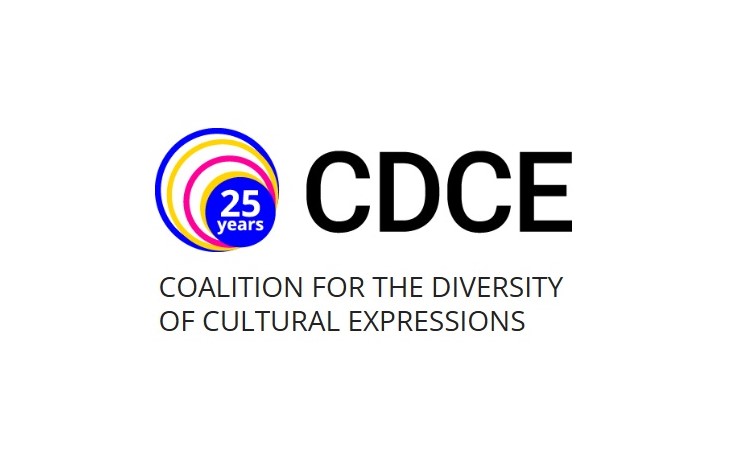
Canada and the government of Quebec announced Monday they are co-organizing the inaugural meeting of the UNESCO Group of Experts on the diversity of cultural expressions in the digital environment, which is being held in Québec City from May 28 to 30.
Composed of 18 independent experts from around the world, the group has a mandate to reflect on the implementation of the UNESCO Convention on the Protection and Promotion of the Diversity of Cultural Expressions (known as the 2005 Convention) in the digital age and make recommendations to parties who ratified the 2005 Convention.
During their meeting, the group of experts will study and make recommendations on four topics: the linguistic diversity of cultural content online; the discoverability of local and national cultural content online; the greater transparency of digital platforms; and the impact of artificial intelligence on cultural and creative industries.
The work of the think tank will ultimately culminate in a report with recommendations to be delivered to UNESCO’s Conference of Parties in June 2025.
“UNESCO is dedicated to strengthening the diversity of cultural expressions in the context of innovative digital technologies, particularly generative artificial intelligence,” said Ernesto Ottone, assistant director-general for culture at UNESCO, in a statement. “We are delighted to be working with our longstanding partners, Canada and Quebec, to bring together, for the first time, experts who can enlighten Member States on the opportunities and challenges of the digital environment.”
The expert group’s meeting was preceded by a day of conferences held Monday on the theme of “Promoting our cultures in the digital age – Conversations among cultural workers from here and abroad”, which addressed the same topics as the group of experts. The day’s conferences were organized by the Coalition for the Diversity of Cultural Expressions (CDCE), with the collaboration of the International Federation of Coalitions for Cultural Diversity (IFCCD).
“Our priority is to promote the growth and influence of our creative industries in a context of profound change, especially in the digital sphere,” said Minister of Canadian Heritage Pascale St-Onge in a statement Monday. “This is why the discussions taking place in the coming days are crucial in helping governments identify the solutions and collaborative solutions that should be adopted to reach these goals.
“As a government, it is important to take stock of current challenges and act. This work has already started with the adoption of the Online Streaming Act, which modernizes our approach to taking account of issues like discoverability and to ensuring that foreign platforms contribute to our cultural ecosystems by promoting our creators, our stories and our expertise,” added St-Onge, who delivered welcoming remarks at the CDCE-organized event.
“It is heartening to note that, 25 years after an initial wave of mobilization that gave rise to the very first Coalition for the Diversity of Cultural Expressions (CDCE), and few years later, to the International Federation of Coalitions for Cultural Diversity (IFCCD), the Canadian and Quebec cultural milieu remains strongly committed to preserving cultural sovereignty in the context of digital commerce, a core element of the 2005 UNESCO Convention on the Protection and Promotion of the Diversity of Cultural Expressions,” said Bill Skolnik, co-chair of the CDCE and representative of the Screen Composers Guild of Canada.



